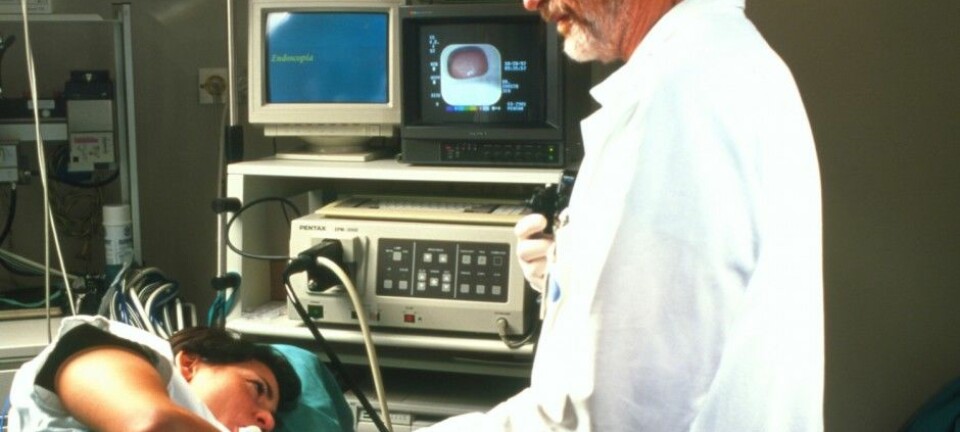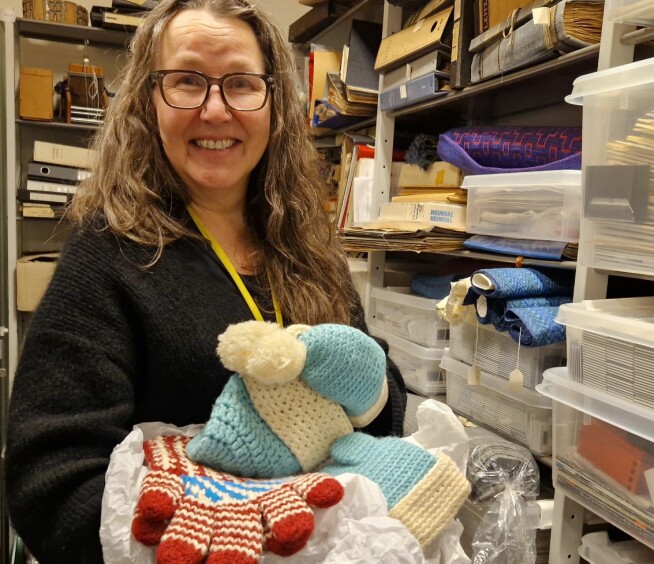
Bowel disease in childhood raises cancer risks
People who suffered Crohn’s disease or ulcerative colitis before the age of 18 have twice the risk of developing cancer, according to a Swedish study.
Crohn’s disease and ulcerative colitis are inflammatory diseases. Such inflammatory bowel diseases (IBD) impact over 20,000 persons amongst Norway’s population of 5.5 million and about one in four are stricken as children or adolescents, according to the Norwegian Society of Pediatricians.
Earlier research has linked IBD to cancer.
Swedish researchers have now compared over 9,000 of their countrymen who had IBD before the age of 18 with ones who did not have it. Researcher Ola Olén and colleagues have followed up the patients through adulthood.
The results show that those who had IBD were twice as likely to develop cancer.
However, it is important to note that the risk was low for both groups. Among the IBD patients, 497 amongst the cohort of 9,402 developed cancer. So the vast majority were cancer-free at the end of the study.
Can be caused by the inflammation
The study showed that colorectal cancer was the most common cancer linked to IBD. But there was also a higher risk for cancer in other areas of body, especially the liver and skin.
The researchers cannot say for certain why this association is found. A small part of the explanation can be that IBD patients more routinely have their intestinal tract inspected. This could be expected to yield earlier discoveries and diagnoses of colorectal cancer.
Another possibility is that some of the medications used to treat inflammatory bowel disease can raise the risk of cancer.But the researchers are most prone to think that the chronic inflammation itself makes these individuals more susceptible to cancer.
It might seem odd that the cancer risk did not decrease after better anti-inflammation drugs were taken into use. But in the same period it became less common to surgically remove sections of affected intestines among IBD patients. Such operations might have helped prevent some cancer cases.
The researchers suggest that the effect of fewer operations might balance out against the impact of better medications.
Some weaknesses
Olén and colleagues also point out that their study has a few weaknesses. For instance, they lack information about the severity of the IBD amongst the individual patients.
The average age of the patients at the end of the study was 27 years. This means they lacked data about cancer forms which generally take longer to develop.
Nor did they have access to information about the patients’ smoking habits. It is known that smoking can actually alleviate some the symptoms of ulcerous colitis, but of course it raises cancer risks. However, nothing indicates that more of the Swedes with IBD were more likely to be smokers to offset their intestinal troubles.
-------------------------------------
Read the Norwegian version of this article at forskning.no
Translated by: Glenn Ostling







